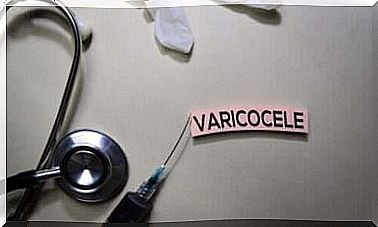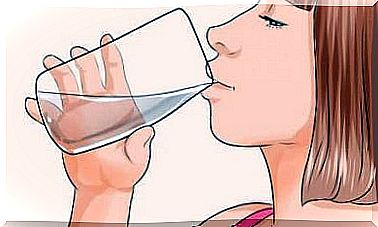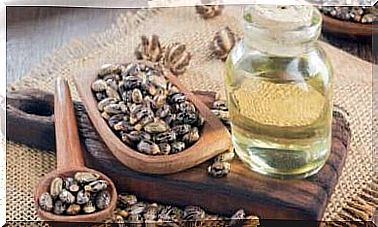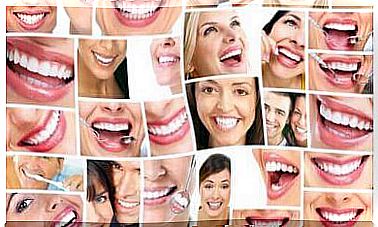Vitamins Every Day – Recommendations For 20-, 30- And 40-year-olds
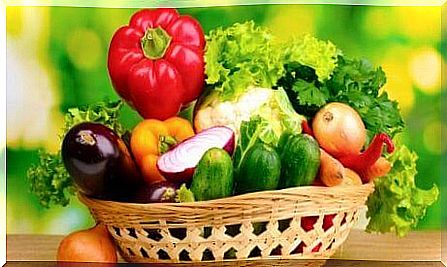
We all need vitamins, but what specific vitamins and in what amounts our body needs depends on many factors.
First of all, the need for individual vitamins varies depending on age – so the recommendations will be different for 20- or 30-year-olds, and completely different for people over 40.
Be sure to read on and find out what vitamins your body needs.
Vitamins for 20-year-olds
If you are this age, you are likely to be relatively physically active, and although you are not thinking about it yet – your body is slowly getting ready for motherhood.
So you need a lot of vitamins that will contribute to the overall strength and endurance of your body.

- Vitamins A and D and zinc are responsible for the elasticity and firmness of the skin. They also affect the condition of the hair.
- When it comes to the health of the reproductive system, it requires vitamin E, folic acid and iron.
- The immune system will appreciate increasing the daily intake of vitamins B6 and B12.
- Vitamin C is responsible for the overall condition of the body.
The perfect diet for 20-year-olds
If you choose unhealthy and processed foods or regularly skip some meals throughout the day, you may run the risk of developing health problems such as obesity and vitamin and nutrient deficiencies.
It is worth bearing in mind that even if we do not feel any health problems at the age of twenty, we start to invest heavily in how our health will be in a dozen or so years.
Twenty-year-olds should therefore build their own healthy habits – eating and not only.
- In this decade of life, the body needs many minerals and large amounts of protein to build muscle mass.
- An ideal diet should therefore be rich in vitamins B and C, as well as iron – that is substances that strengthen the body’s immunity. You will find them, for example, in vegetable oils.
Vitamins necessary for 30-year-olds
The thirty-year-old body begins to prepare for the challenges that await it in the next decades. Therefore, it protects itself not only from current problems, but also from those that may meet them in the future.
For this to be possible, all systems and organs of the body must be working at full capacity.
- When it comes to the nervous system, vitamins B and C and magnesium are responsible for optimizing its functioning.
- Good functioning of the body at this age also depends on adequate levels of zinc, vitamin A and iron.
- In turn, phosphorus and calcium take an active part in the processes of cell regeneration.
The perfect diet for 30-year-olds
This stage of life is often associated with gradual weight gain. Before this phenomenon intensifies, it is worth taking appropriate measures that will allow you to enjoy good health and appearance, despite the passage of years.
After 30, it is worth limiting portions and giving up the most caloric and fattening products, which slow metabolism may not be able to cope with it anymore.
It is also worth leaning towards healthy and natural products. Here are some examples:
- Salads
- cold-water fish (rich in omega-3 fatty acids)
- steamed vegetables
- breakfast cereal to provide fiber
- foods rich in calcium and iron
Avoid processed foods and foods full of so-called “empty calories”. Choose filling, but healthy dishes. At this stage in your life, it won’t be hard for you to feel the difference.
Vitamins over forty
After forty, it is necessary to start protecting the most sensitive systems and organs of our body.
In order to be able to identify your “weakest points”, you need to carefully observe the signals sent by your body.
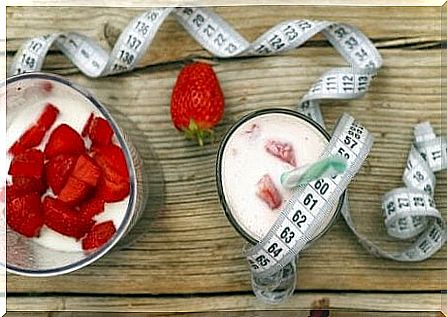
- If you are constantly tired it could be a symptom of anemia. Do blood tests to see if you need to increase your daily iron intake.
- After forty, you need to protect your bones. You can do this by increasing your daily intake of calcium and vitamin D.
- If you are struggling with muscle aches, cramps or anxiety, it could be a sign of a magnesium and potassium deficiency.
- Protect your heart and blood vessels – get yourself the right dose of folic acid and vitamin B12.
- Additionally, you can take advantage of the properties of antioxidants. You will find them in vitamins A, C, D and E.
The perfect diet for 40-year-olds
After forty, we can begin to feel the consequences of hormonal changes taking place in our body.
The key to combating these consequences, especially uncontrolled weight gain, is the right dose of antioxidants. What does this mean when it comes to diet?
- Foods rich in antioxidants can reverse the negative effects of free radicals on our body. This helps to stop premature cell aging.
- Make sure you eat 5 servings of fruit and vegetables each day. Additionally, it is worth enriching the menu with fish and nuts.
- At this stage of your life, you should increase your intake of foods rich in vitamin A and vitamin D to protect you from osteoporosis.
- In turn, limiting salt intake will allow you to avoid the problem of fluid retention and thus – weight gain.


